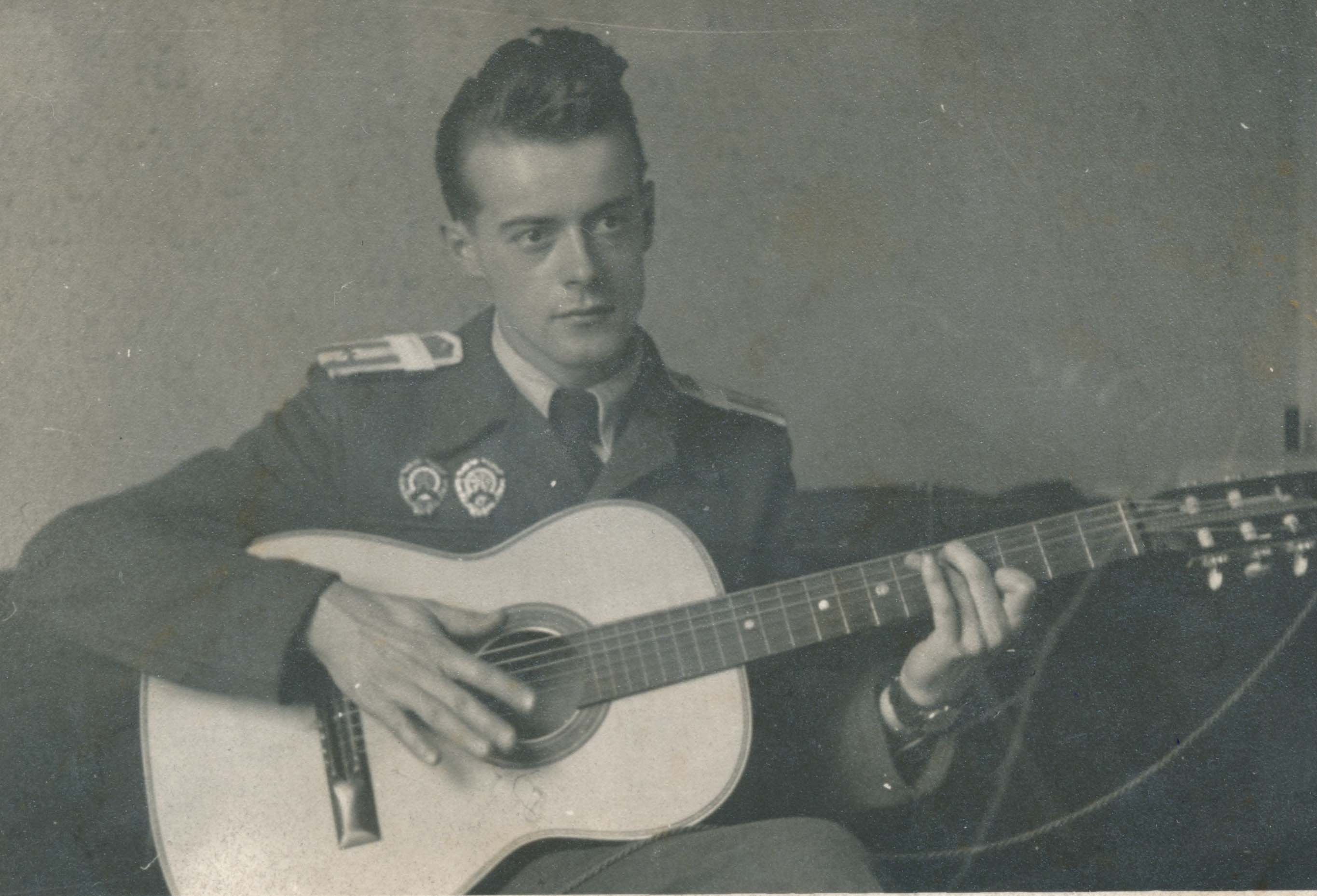There‘s a limit to every trouble

Stáhnout obrázek
Rudolf Papík was born on 19 February 1935 in Vysoké Mýto. In the first decade of his life, his family moved frequently until they finally settled in the Chrudim region in the village of Lukavice. During the war, he witnessed several conflicts, especially the arrests during the period following the Heydrich´s assassination and the incident in the last moments of the war in Trhová Kamenice, which cost the lives of three boys and the parish priest. Following his father´s footsteps, he devoted himself to the study of electrical engineering, especially at the Higher Industrial School of Electrical Engineering in Kutná Hora. After the prolonged military service he joined the Czechoslovak Railways in Pardubice in 1958. Here he advanced very quickly in his career, thanks to his patented invention of a railway measuring instrument. At second attempt he also successfully passed the entrance exams at the Czech Technical University in Prague, completing his long-distance studies in 1965. Stopping a Soviet military train near Opočínek in August 1968 soon led to his dismissal as foreman. Until 1989 he had to work mostly in positions that did not correspond to his qualifications. In Prague, where he lived since 1982, he experienced the Velvet Revolution and the resumption of his scientific career. He was married twice and raised a son Rudolf. At the time of recording in 2022, he was living in Prague.



















